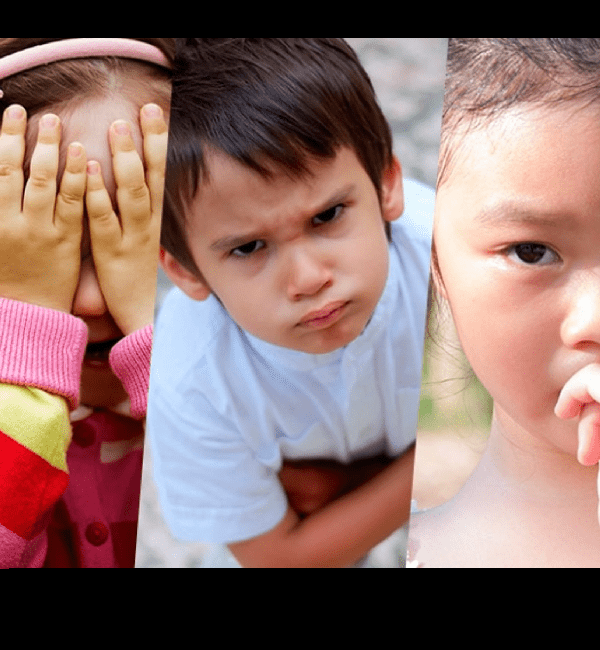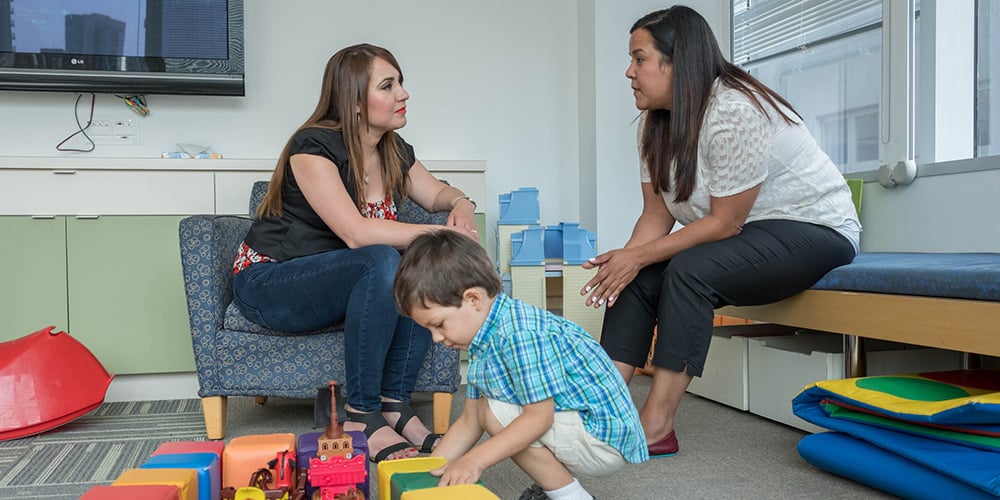By: Thay Guirguis
Originally published 8/30/22
Gun violence committed in a public setting significantly impacts the larger community. The recent mass shootings in Texas and California increased the count of mass shootings in public spaces to over 200 for this calendar year. These shootings have affected the national consciousness and devastated the lives of victims’ families. Meanwhile, ongoing gun violence in neighborhoods can create a chronic state of trauma for community members living in an environment with frequent non-mass shootings.
Many are left wondering when this will stop and how do we protect those closest to us. Parents and caregivers anticipate protecting their children from danger whenever possible. And when a danger is life-threatening or poses a threat of serious injury, it becomes a potentially traumatic event for children. How children experience traumatic events and how they express their lingering distress depends on the children’s age and level of development. This blog post will provide some information about ways trauma appears for little ones.
Working in child welfare, I am surrounded by children exposed to various forms of violence. However, I must admit that I was stunned to learn that according to the CDC, in the year 2020, death by firearms has become the leading cause of death for people under the age of 19 years.1
Let me stress this again – gun violence is the number one cause of death for children in the United States. In 2020, 4,368 children died from gunshot wounds.2
Mass shootings represent 1% of all firearms deaths but receive the most media attention.3 Children are more likely to die (60%), nearly two-thirds from firearms connected to domestic violence or street shootings.4
Beyond the loss of life caused by gun violence, living in a community plagued with violence is associated with increased risk of developing chronic diseases and mental health concerns such as depression, anxiety, and post-traumatic stress disorder.5
Young children are aware of the danger. They can develop traumatic responses to gun violence they have witnessed directly, through the media, or by overhearing adults’ conversations. How can parents, caregivers, teachers and others identify when a child is struggling to process violence in their community? The below table lists behaviors a young child may exhibit in response to gun violence:
Our next blog post explores strategies parents, caregivers and teachers can use to help infants and young children make sense of their traumatic experiences.
1 https://www.nejm.org/doi/full/10.1056/NEJMc2201761
2 https://publichealth.jhu.edu/sites/default/files/2022-05/2020-gun-deaths-in-the-us-4-28-2022-b.pdf – pg 29
3 https://time.com/6182856/children-gun-deaths-mass-shootings/
4 https://www.axios.com/2022/05/26/gun-deaths-children-america
5 https://www.cdc.gov/violenceprevention/communityviolence/index.html

Join the Erikson family with monthly news + events updates shared by academics, community members, and families.

Connect with our Center for Children and Families